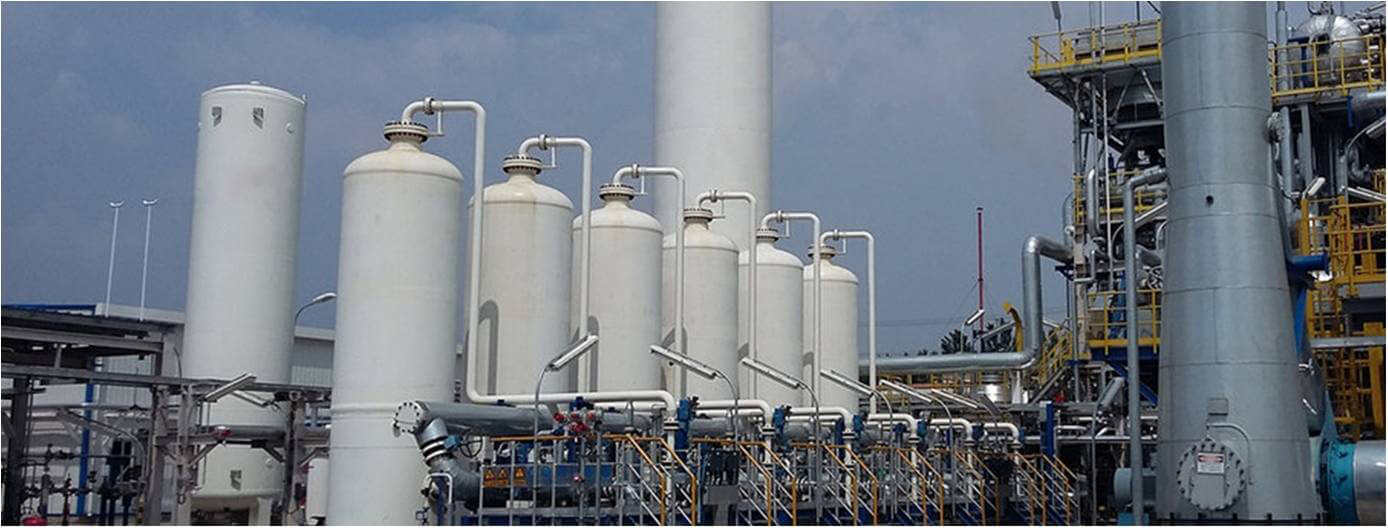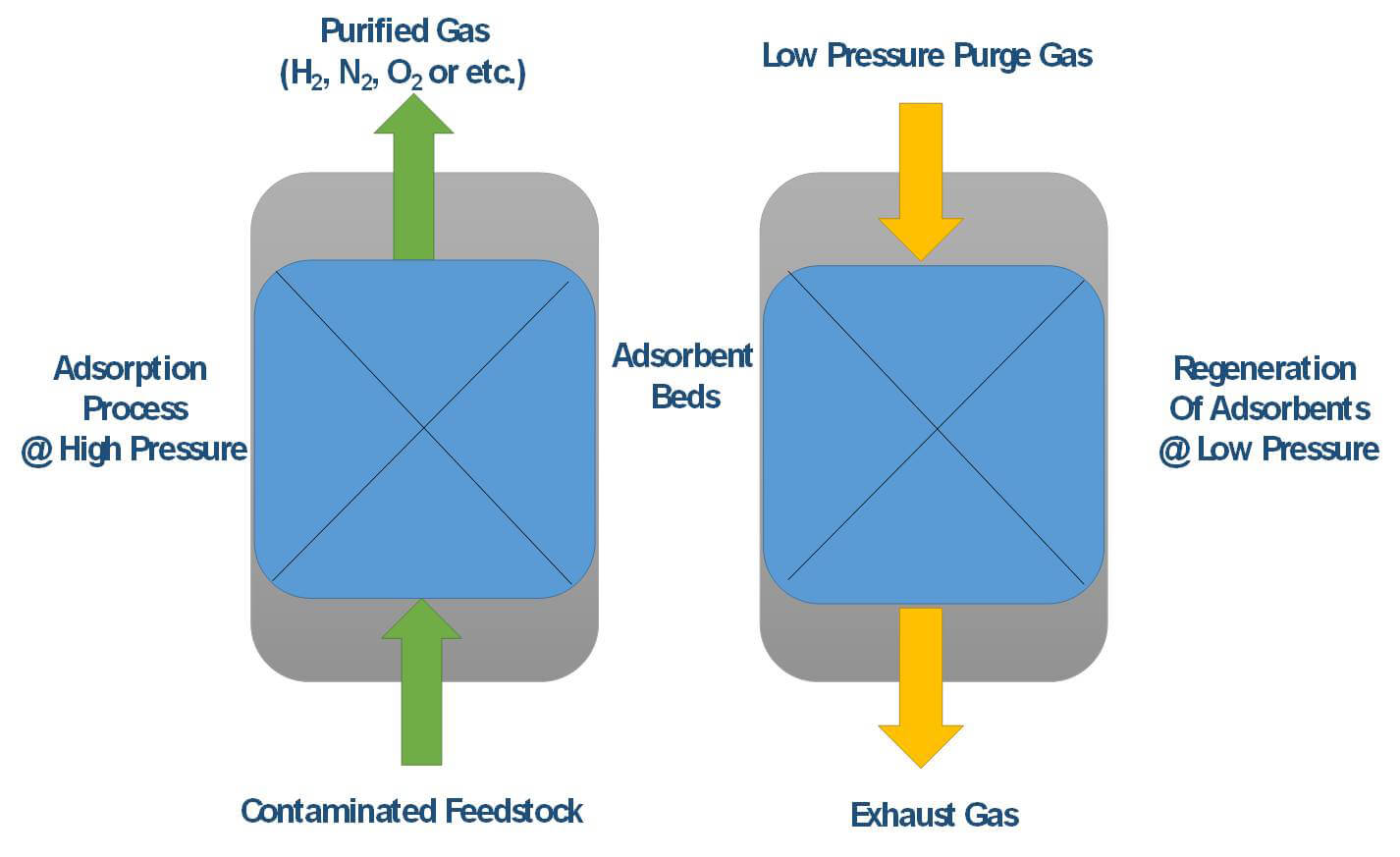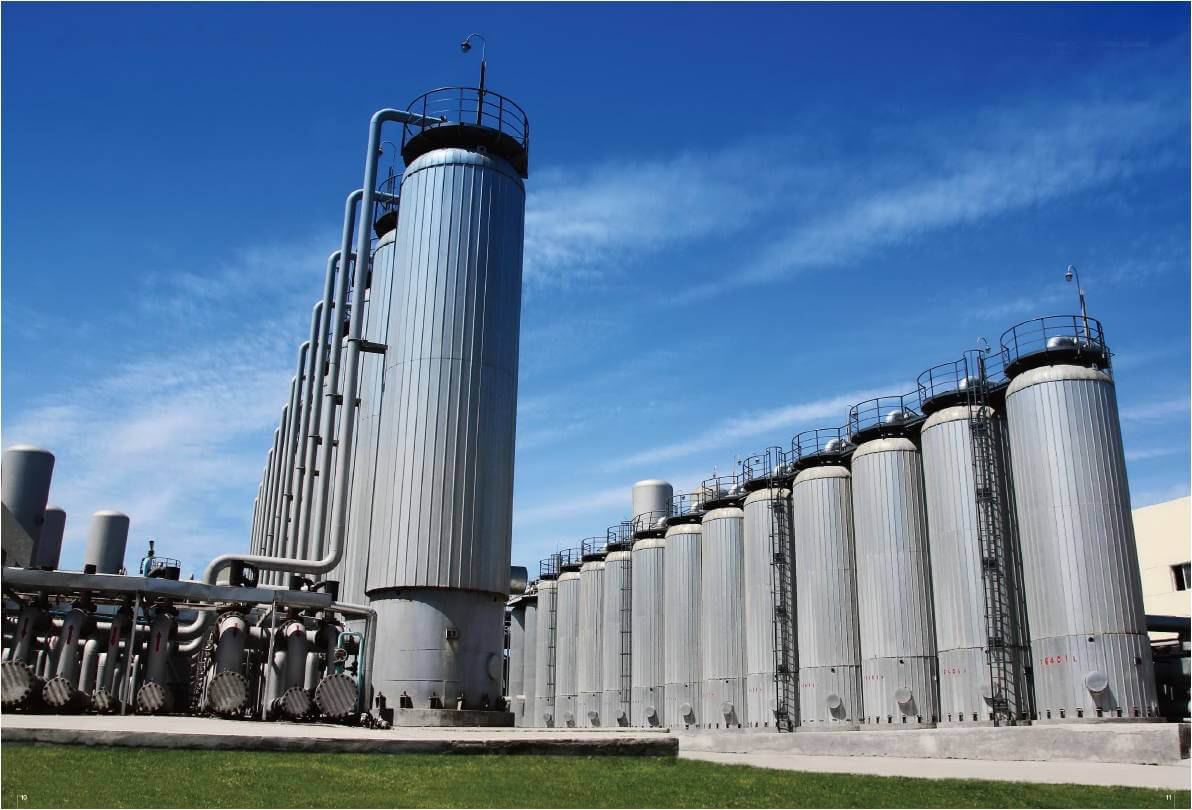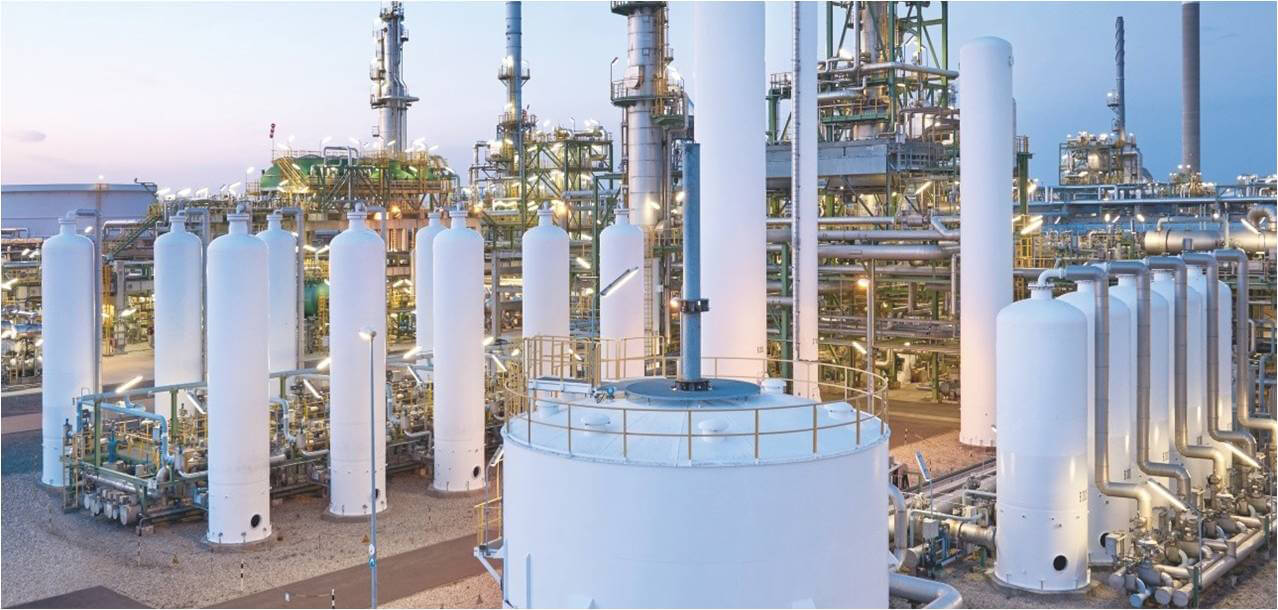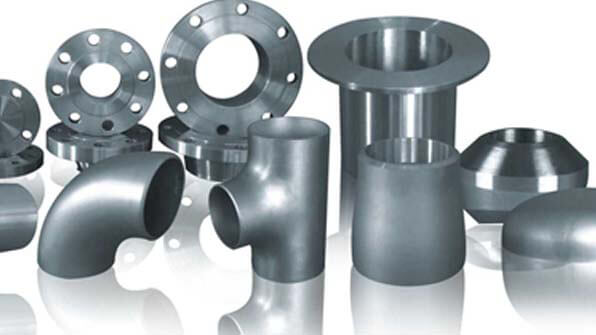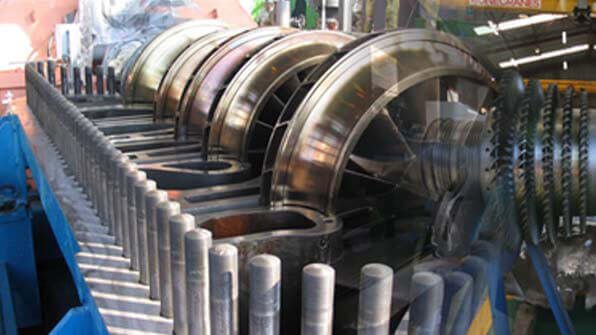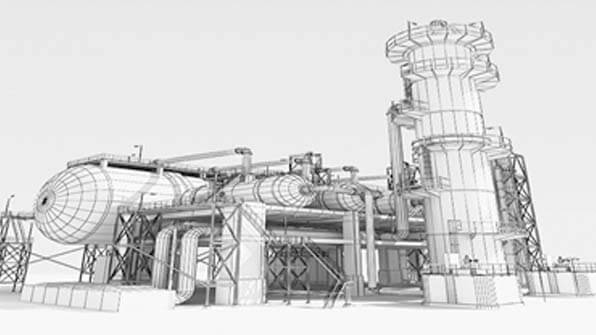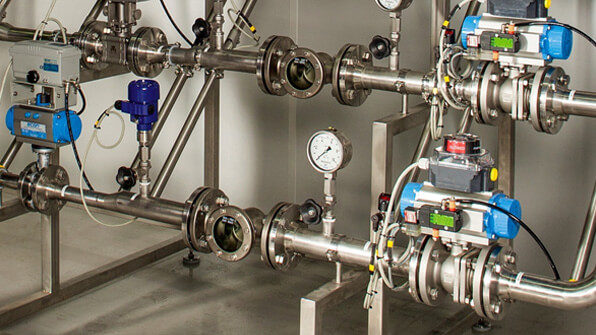Chemical synthesis: Currently H2 is mainly used as intermediate or raw material for chemical synthesis, for example, of ammonia, methanol, ethylene glycol, butyl alcohol and phosgene for further generating TDI and MDI, etc.
Petroleum refining: H2 is applied in various processes of petroleum refining and petrochemicals, including hydrocracking, catalytic hydrogenation, hydrotreating, hydrodesulphurization and benzene hydrogenation to cyclohexane. Modern coal chemical industry: H2 can be used for direct or indirect synthesis of liquid fuels, olefins and other important chemical products, for example, direct coal liquefaction, indirect coal liquefaction (F-T synthesis) and coal- to-substitute natural gas (methanation), etc.
Reduction: H2 is widely used as reducing gas in heat treatment and production of metal hydride.

